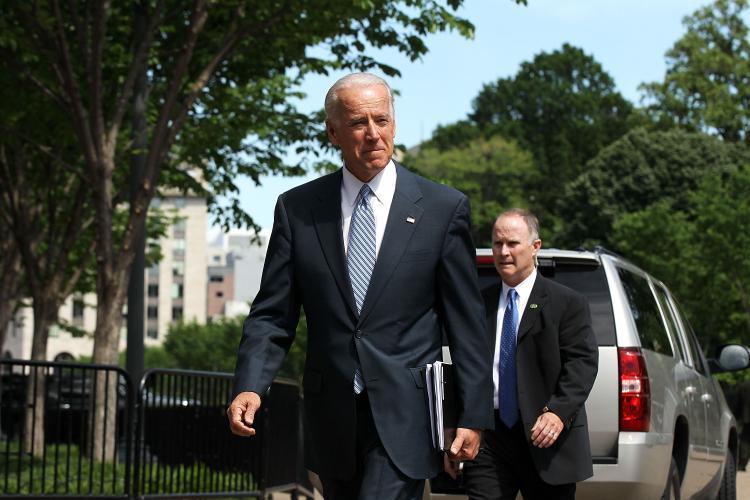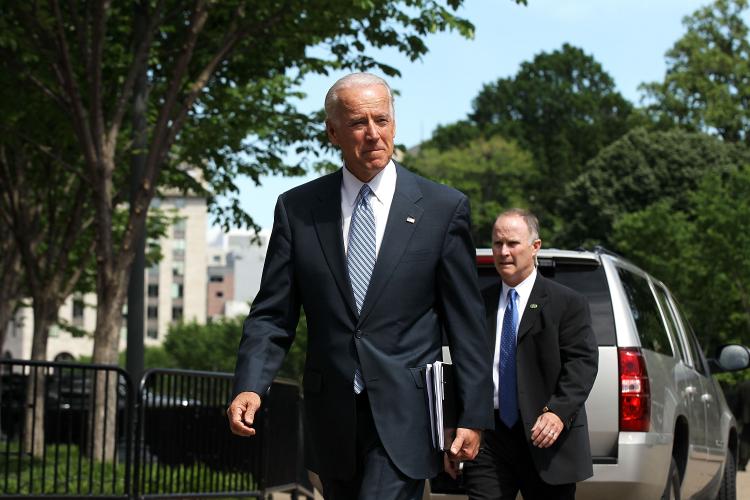Senate ‘Gang of Six’ Silent on Budget
A group consisting of three Democratic and three Republican senators—referred to as the “Gang of Six”—has been quietly working on a bipartisan budget option for over four months, but delays in releasing a proposal have turned optimism into pessimism.
|Updated:
Reporting on the business of food, food tech, and Silicon Alley, I studied the Humanities as an undergraduate, and obtained a Master of Arts in business journalism from Columbia University. I love covering the people, and the passion, that animates innovation in America. Email me at andrea dot hayley at epochtimes.com
Author’s Selected Articles






